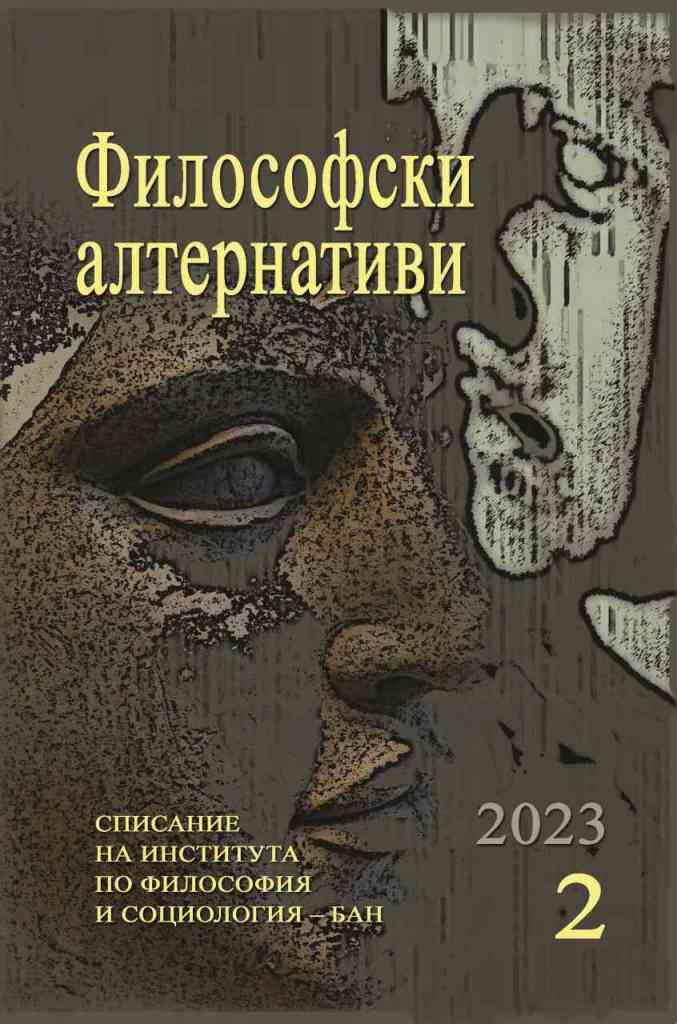Философско-смисловото поле на преводаческо-интерпретативната техника на гъ-и
The Philosophical Sense of the translatory-interpretive technique of the Geyi
Author(s): Yana StefanovaSubject(s): Philosophy, Language and Literature Studies, Non-European Philosophy, East Asian Philosophy, Indian Philosophy, Philology, Translation Studies
Published by: Институт по философия и социология при БАН
Keywords: Geyi; matching concepts; Chinese Buddhism; adaptation
Summary/Abstract: The article aims to present the controversy surrounding the geyi's translation and interpretation technique, which was used in the third and fourth centuries in China, commonly translated as "matching concepts", which is the most distinct manifestation of the adaptation of Buddhist concepts to classical Taoist doctrines. For this purpose, its basic philological and philosophical interpretations of the term are presented. Studying the spread and adaptation of Buddhist doctrines in China gives the unique opportunity to balance these two opposing positions. The very specificity of the philosophical sense of the translator and the interpretive technique of the geyi is considered in its aspect as one of the main factors that shaped the features of Chinese Buddhism and its subsequent final detachment from its Indian equivalent. Its use and improvement mark the beginning of the formation of East Asian Buddhism as an essentially new Buddhist doctrinal strand.
Journal: Философски алтернативи
- Issue Year: XXXII/2023
- Issue No: 2
- Page Range: 43-48
- Page Count: 6
- Language: Bulgarian
- Content File-PDF

